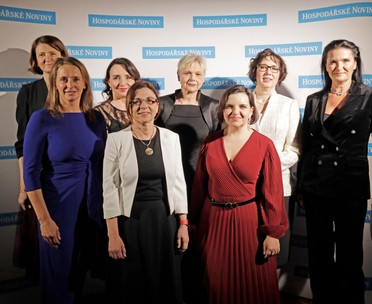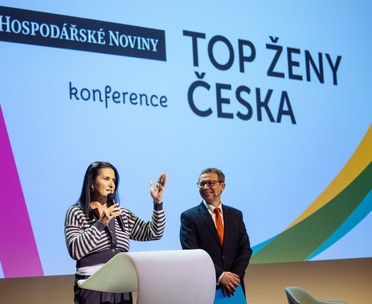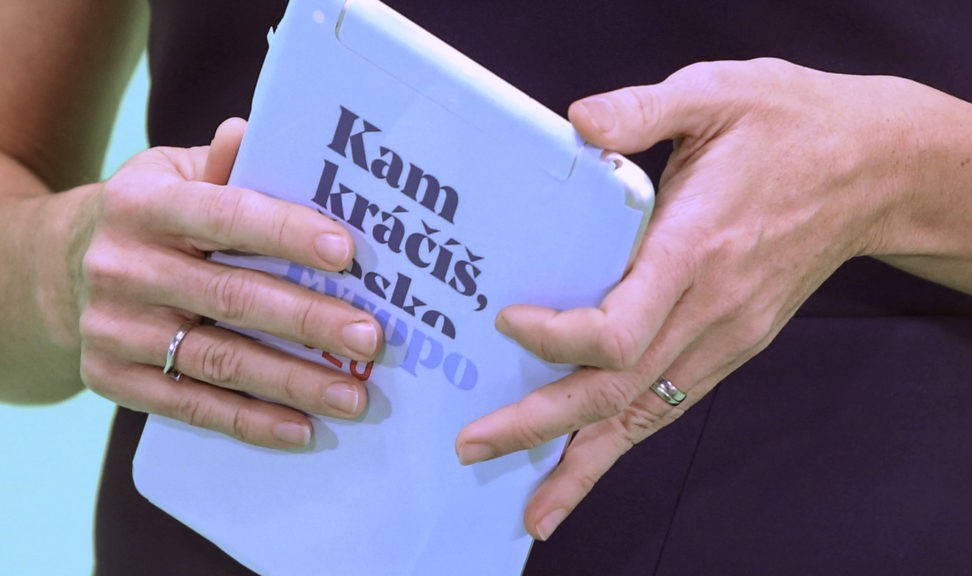

We support
The Shape of (Central) Europe 2020
November 20, 2020
This year's fully digital Annual Aspen Institute CE Conference sought answers to the critical issues currently facing Czech and European society. The discussion focused on four thematic areas – the restart of Central European economies, future urban strategies, promoting education and addressing regional disparities, and last but not least, security and innovation, where experts focused on science opportunities related to the space industry.
The conference, co-hosted by the Economia publishing house, featured two dozen speakers, including government representatives, prime ministers of Czech Republic and Austria, state administration officials, business professionals and experts from the academic and non-profit sectors. They came to a common conclusion – digitization is the most important factor in emerging from the coronavirus crisis.
As in previous years, the conference offered the results of studies conducted by the Aspen Institute CE’s expert groups. Study results revealed how significant the change in the economic environment will be, the importance of governments and individuals learning from the current state of education, and understanding the European Union’s role. "The pandemic has supported the idea of a united Europe. EU consolidation is the only way, the only option we have," said political scientist Ivan Krastev in his speech, adding: "The EU is a fragile project dependent on the stability of domestic governments. If EU consolidation fails, we will face a major crisis."
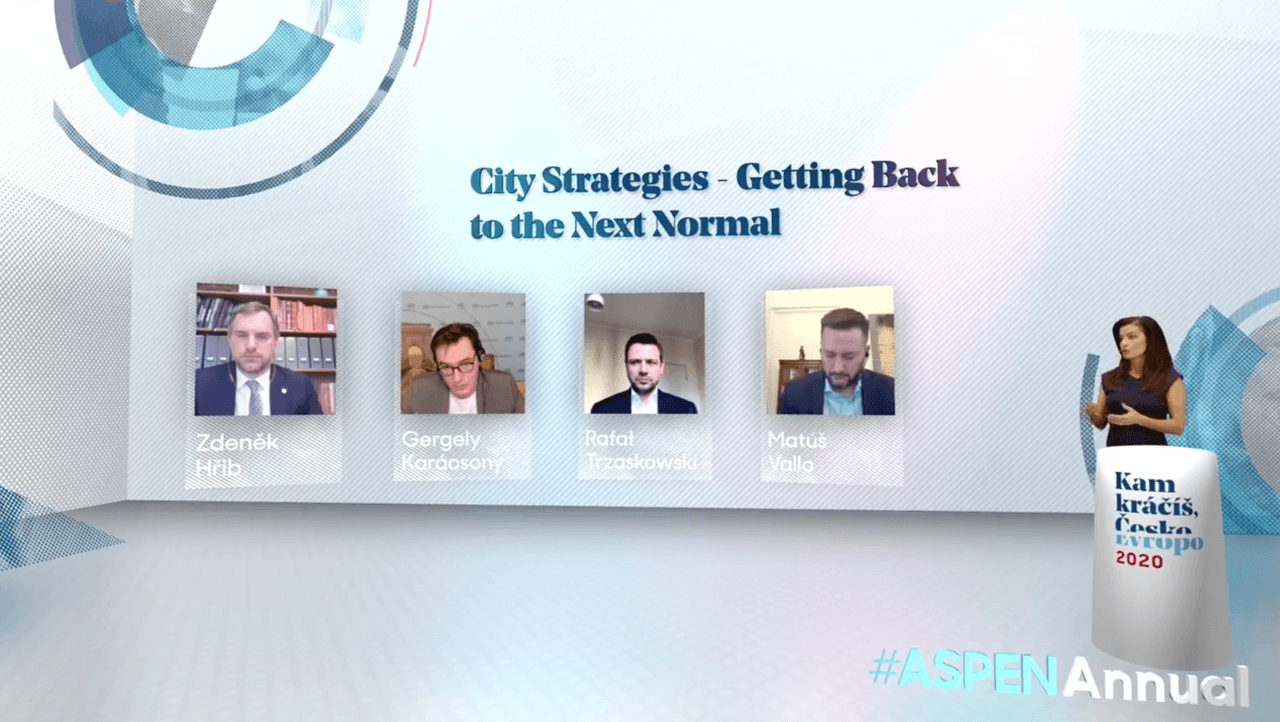
Special attention was given to the discussion panel of the mayors of the Visegrad Four cities. They discussed the role of cities in Europe’s economic recovery and the projection of the effect the population’s lifestyle changes will have on the future functioning of cities. In spring, Central European capitals quickly became the epicenter of the spread of the pandemic. "Despite the enormous human and economic damage, some aspects of the quality of city life have actually improved due to spring measures. The pandemic highlighted possible ways for cities to further improve," voiced the panel while presenting their conclusions on future city strategies. The study recommends three innovation lines: accelerating smart city initiatives, promoting active mobility and multimodal transport, and long-term heating strategies.
The Aspen Institute CE concluded its annual conference with the award ceremony of the Aspen Central Europe Leadership Award 2020 dedicated to successful young professionals for excellence in their fields. This year, the Aspen Institute CE nominated Tereza Kalousková, coordinator of international students at Palacký University in Olomouc, and Michal Tarnowski, the co-founder of a free online platform for teaching English by students and graduates of the Oxford and Cambridge Universities, and the e-learning portal for primary and secondary schools in Poland.
Michaela Bakala and Ivan Hodáč, Aspen Institute CE Management Board Chairman, presented the laureate’s prizes. Michaela and Zdenek Bakala have long supported the Aspen Institute CE as part of their philanthropic activities. In her speech, she noted that both laureates present real examples of the kind of quality leadership needed today. "Good leadership goes beyond business and politics. We must similarly apply it in activities on all levels of civic society in order to inspire and respect each other," she appealed. "Both awardees have demonstrated their desire to help quickly and selflessly and prove that it is not about trying to be successful but striving to be a person of value," she stressed in her final congratulation words.
A recording of the entire conference is available on Czech Television Digital.
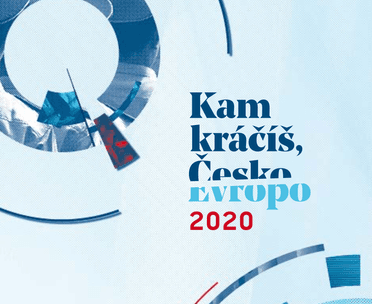
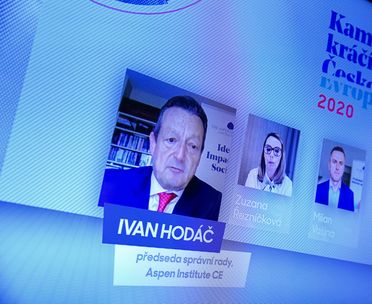
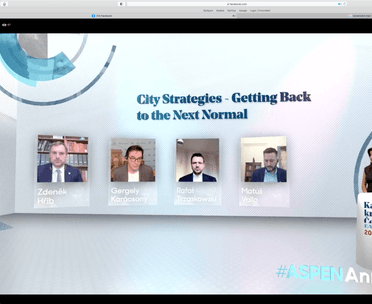
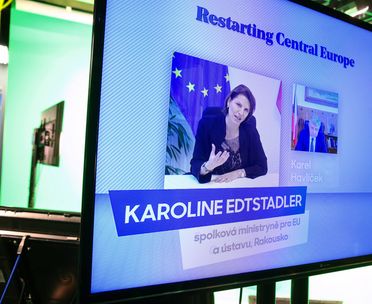
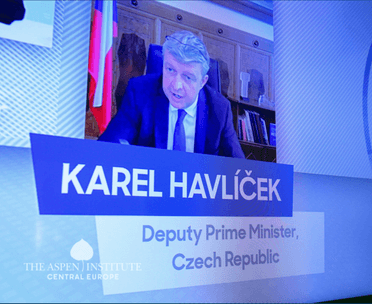
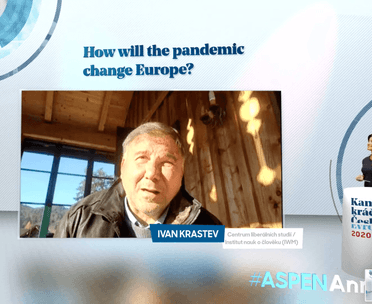
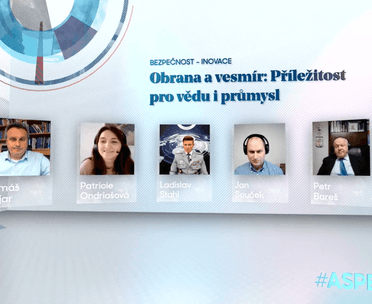

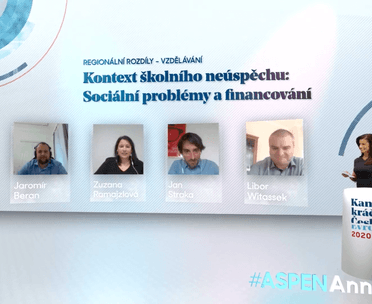
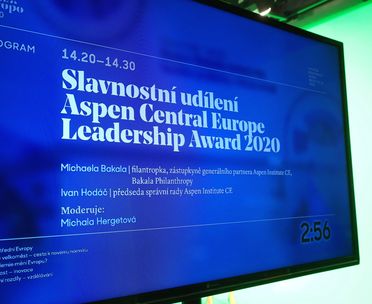
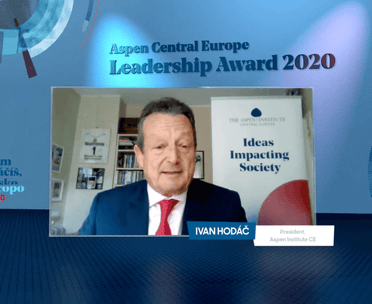
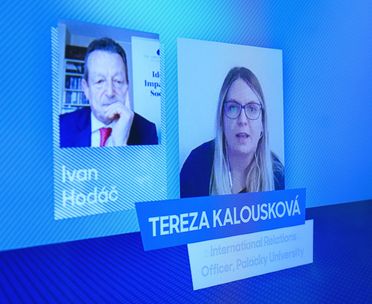
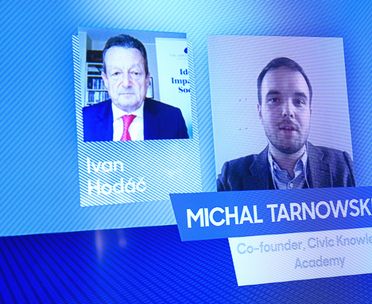

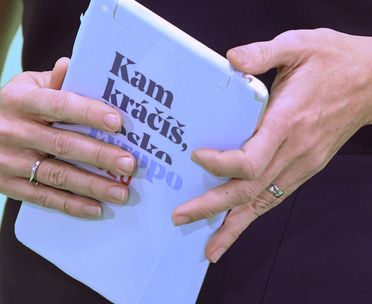
hufton%2Bcrow_037-JVHz.jpg)
